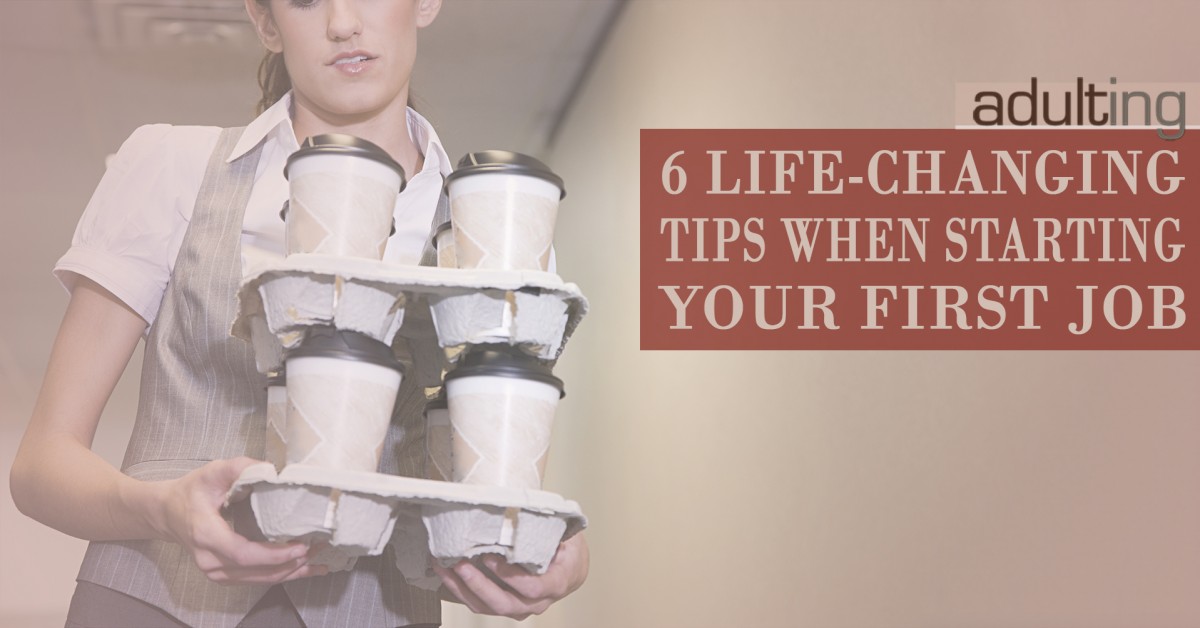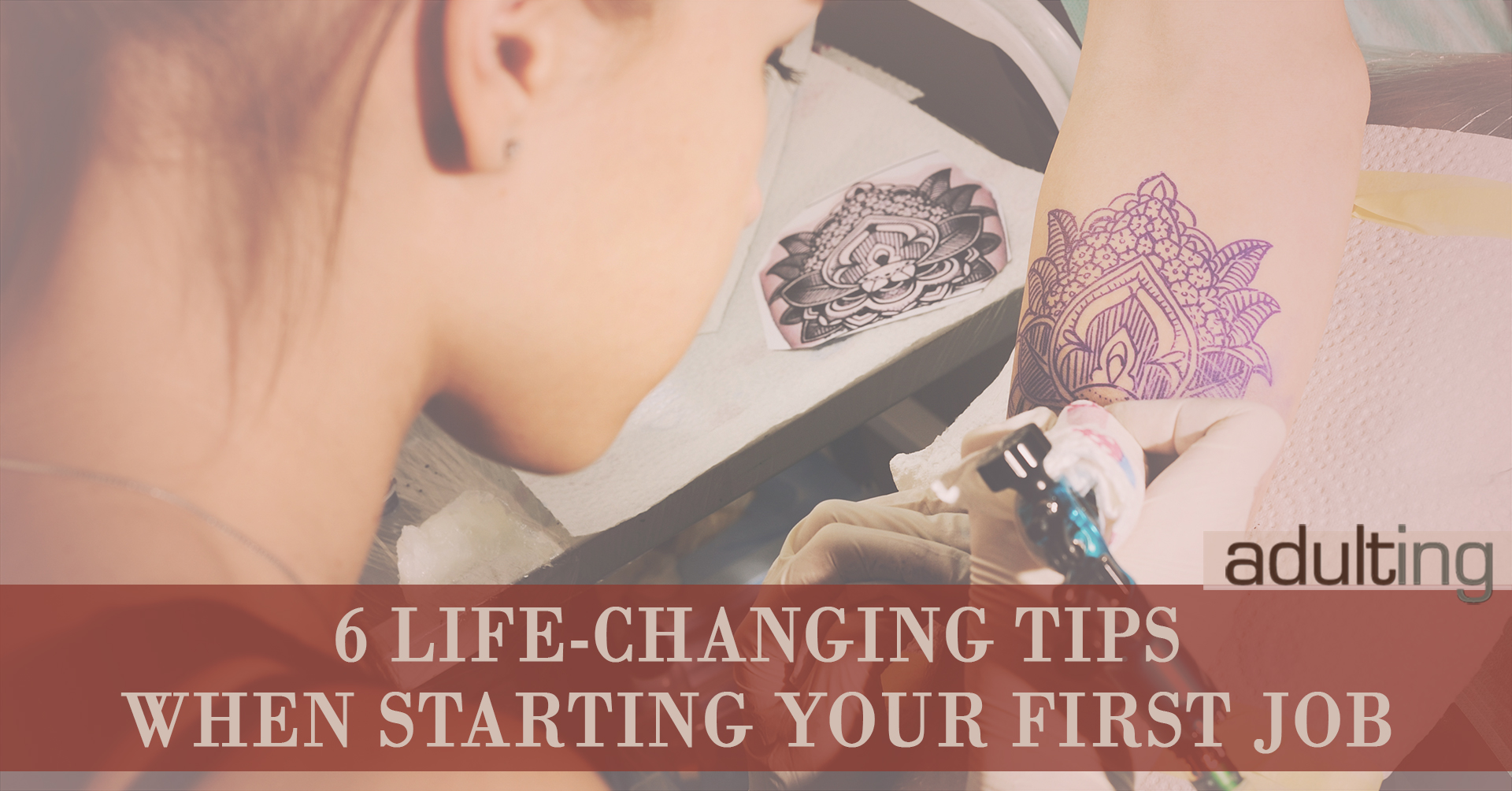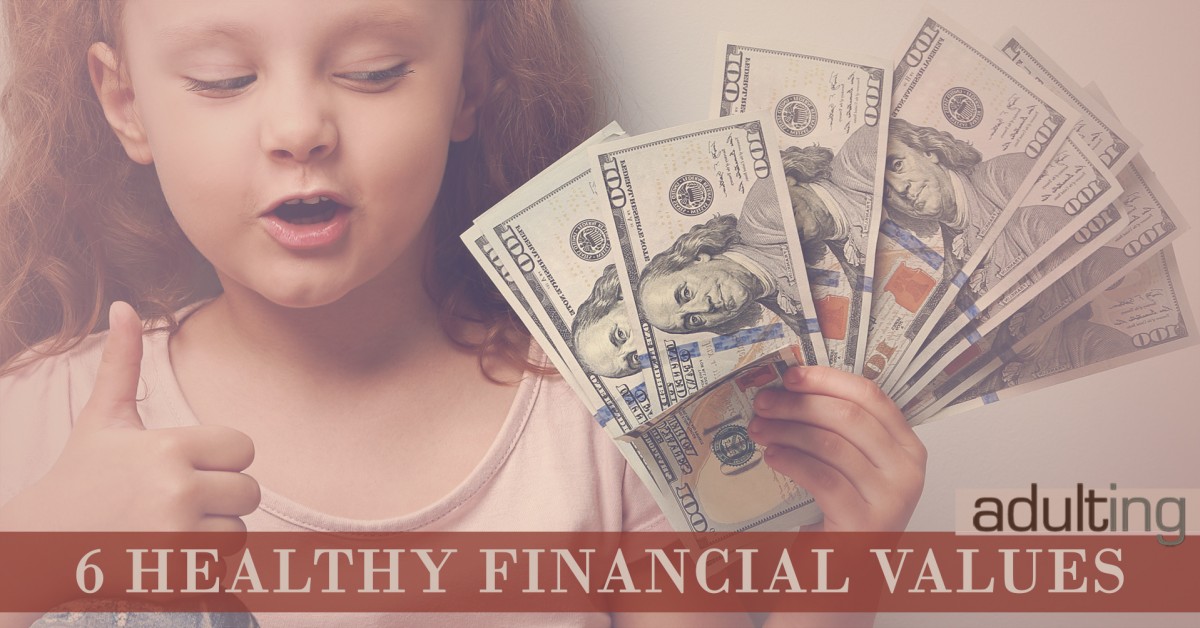The common advice about lending money to friends and family is pretty straightforward: don’t do it. It’s generally said that if you’re going to give away money to the people you care about, it should be in the form of a gift. The expectation of repayment can lead to resentment, guilt and the general dissolution of relationships — so why expect anything at all?
But unfortunately, real life isn’t always so straightforward. Sometimes a friend or family member desperately needs financial assistance, and the amount they need is just too much to part with permanently. It may not be an ideal situation, but it’s common enough to warrant discussion.
So how do you go through the fire of money lending and come out the other side with your relationships still intact?
1. Don’t let it affect your credit. It’s one thing to loan your sister $500, but it’s another to cosign on her car loan. Cosigning means you could become responsible for her debt if she fails to pay it. No matter how much you trust someone, this is a huge risk to take — especially if you can’t afford to pay off a $20,000 Toyota. Your credit score can also take a hit if they fail to make their payments in a timely fashion.
2. Write it down. Miscommunication can turn a friendly loan into a relationship killer. What your brother considers to be timely repayment could be completely different from the time frame you’re expecting to wait. That’s why it helps to write the details out, so everyone is clear about the terms of the loan. You can also set up late fees so they have incentive to pay you back on time instead of a few days after the fact.
3. Keep a record of the repayment. If your friend or family member sets up a repayment schedule with you, find an online method to track how they’re paying you back. Splitwise is a great option, but there are plenty of other sharing and debt tracking services. This way, there’s concrete proof that each payment has been made. This is easier than getting separate checks in the mail or random amounts of cash.
4. Find out what the loan is for. Just like a bank wouldn’t loan you money without a stated purpose, don’t give your loved one money just because they ask for it. Maybe they want money to invest in what seems like a scam or a legitimate business venture – you won’t know until you find out. Plus, if they have to explain their reason to you, it may help them come to a better understanding of how reasonable their request is.
5. Discuss it with your partner. If you share finances with someone else, you should get their approval before you lend someone else money. Being on the same page will ensure that you don’t ruin your relationship with them as well as the person you’re lending money to.
6. Let them know they can talk to you. If you set a hard deadline and your friend can’t come up with the money by then, they may feel too embarrassed to talk to you about it. Don’t be a pushover, but let them know you’ll be flexible. This can make it easier to preserve your relationship, and your friend or family member won’t feel the need to give you the silent treatment out of embarrassment or fear.
7. Don’t turn the loan into a gift. While there are exceptions to this rule, you generally don’t want to change the nature of the transaction after the details are set. It may be preferable to give a gift rather than a loan, but voiding your right to repayment after the loan has been given can make you look like a pushover — and could lead to you resenting the person you’re giving the money to. No matter what you do, make sure your decision isn’t heavily influenced by a pushy friend or relative.


![[A028] Dip Stick: Buy and Care For Your First Ride](https://adulting.tv/wp-content/uploads/2016/04/028-1200x628.jpg)





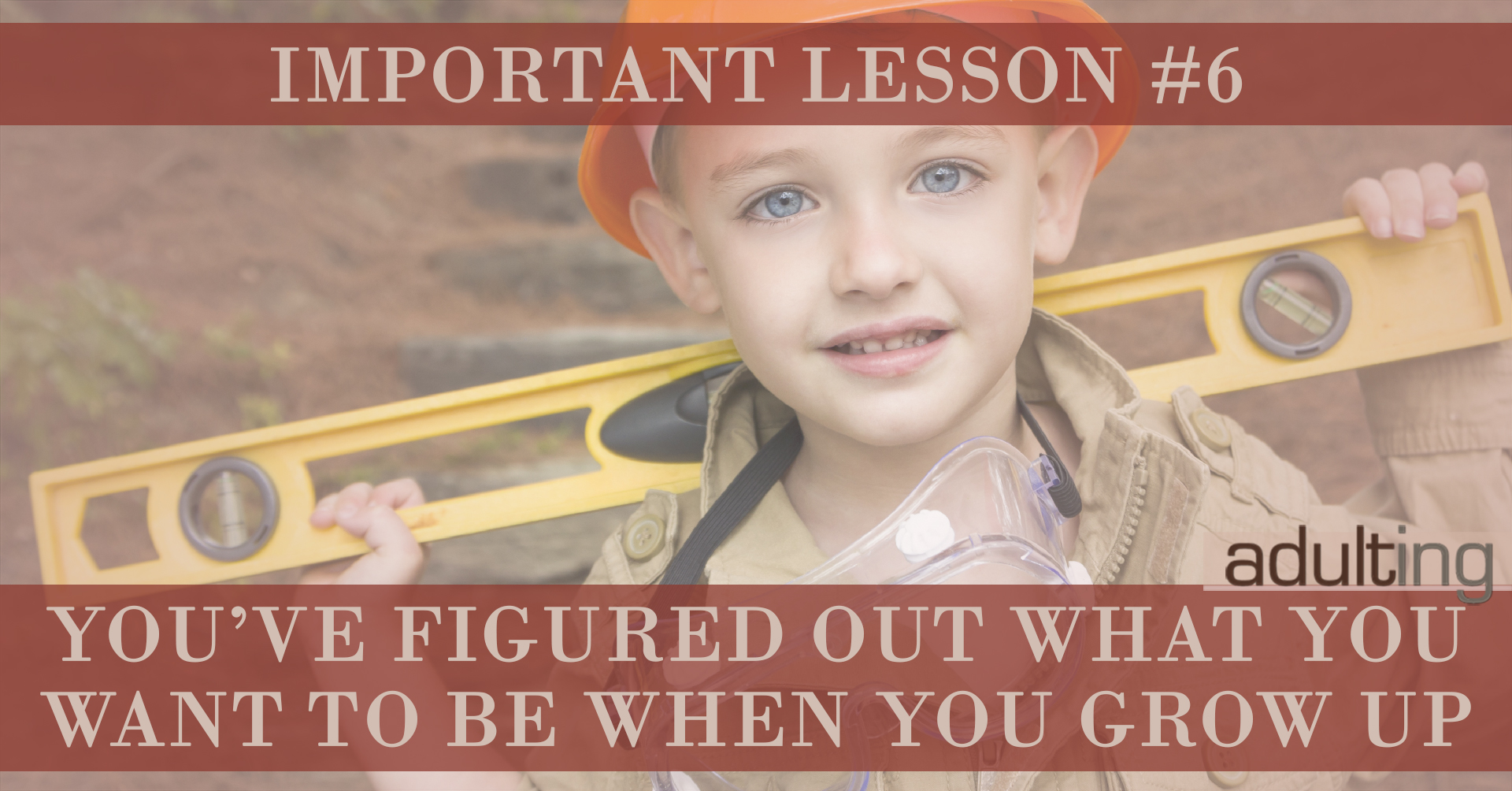



![[A025] Beast It Up: Outlive Your Friends By Getting Fit](https://adulting.tv/wp-content/uploads/2016/02/025-1200x628.jpg)
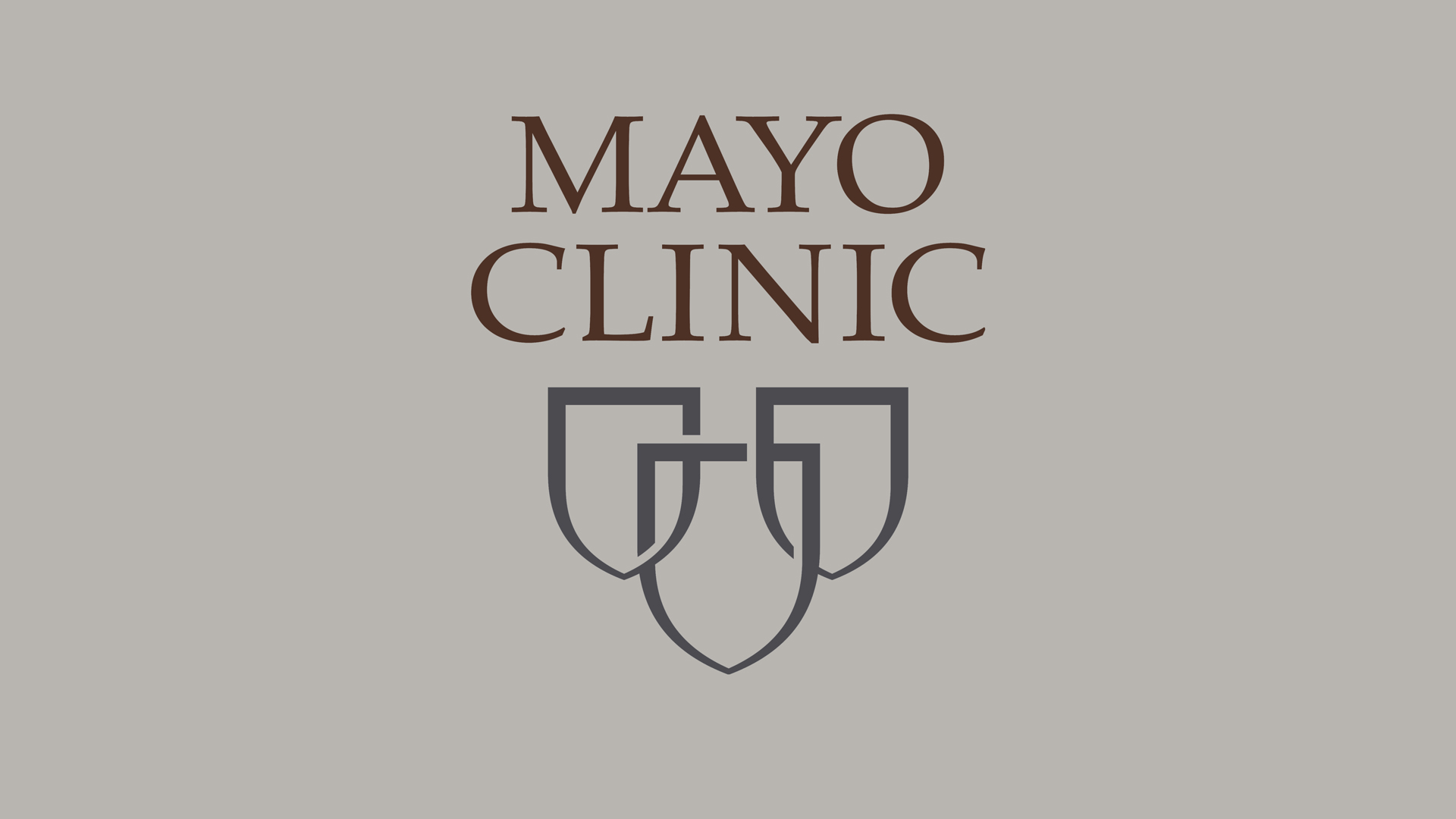



![[B001] How to Choose Your First Credit Card ft. Matt Schulz, CreditCards.com](https://adulting.tv/wp-content/uploads/2016/03/blab-001.jpg)
